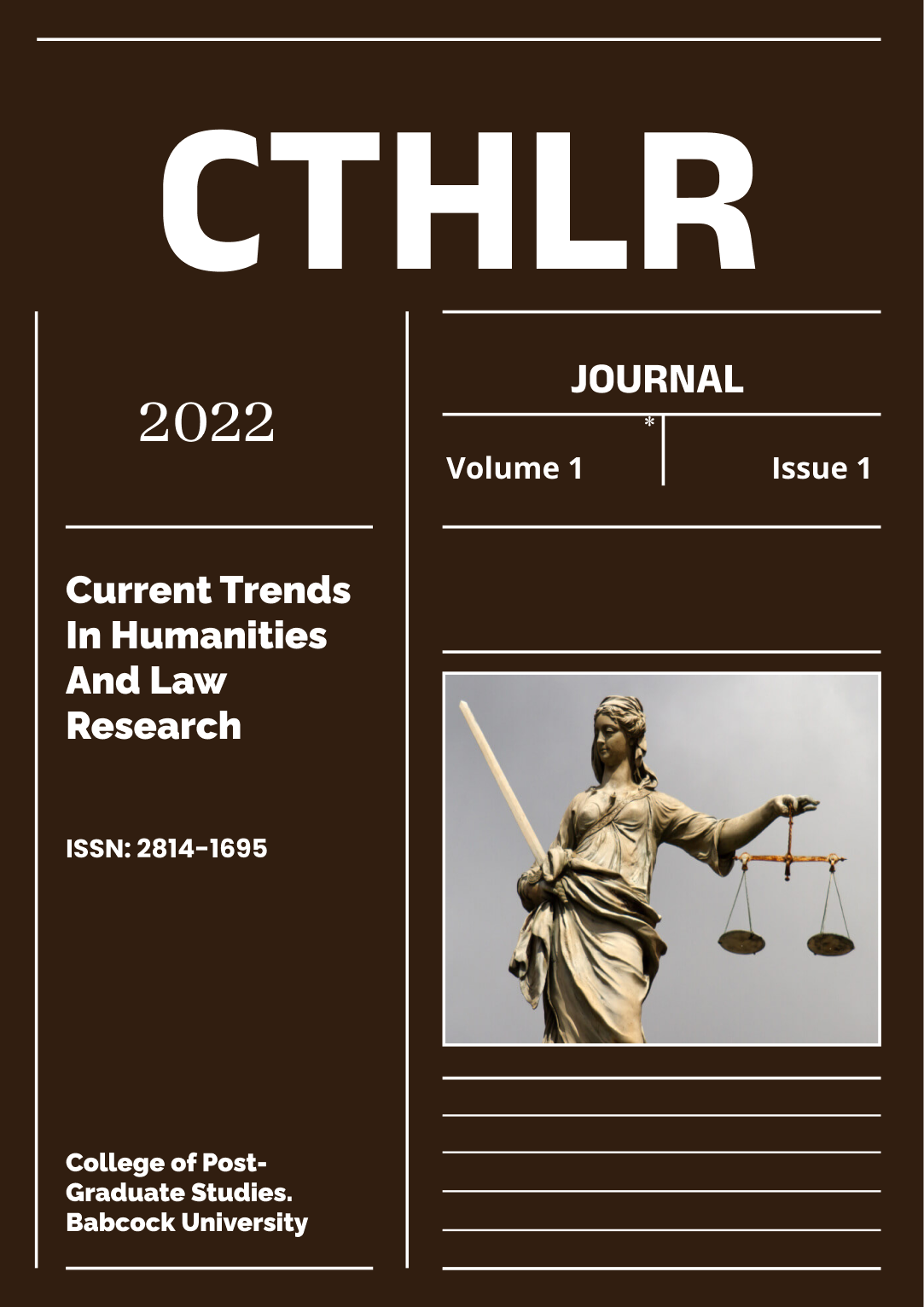Criminal justice remedies are benefits ordered by a court to uphold a legal claim or impose restitution for harm an offender caused to the state or to victim(s). In Nigeria, reliefs provided to crime victims rely on how the criminal justice system is administered, which in turn depends on why the current government decided to put it in place. Contemporary criminal justice in Nigeria had its roots in the British imperialist system which was retributive in character because they needed to use harsh punishments to deter their subject from committing crime that would harm their political control. However, it was not until the Economic and Financial Crime Commission (EFCC) was established at the start of the fourth republic, because Nigeria urgently needed to stop economic crimes and corruption that had damaged the nation's international reputation by defrauding numerous overseas and local victims that the criminal justice system evolved to the one with restitutional or compensatory measures.
Content analysis of the doctrinal research methodology was used by this study to analyse the primary sourced Data which includes: the Constitution of the Federal Republic of Nigeria, 1999, (As Amended), Administration of Criminal Justice Act, (ACJA). 2015, EFCC Act, 2004 and case laws decided by the courts while the secondary Data consists of academic journals and news publications materials.
The study’s major finding is that although the restitutionary criminal justice ushered in by EFCC Act and ACJA 2015, goes a long way to grant sufficient relief to victims of crime, it may not be adequate since settlement and awards do not necessarily involve the victims. There is still a gap in the administration of criminal justice where all stakeholders (the state, victims and offenders) would be involved in the outcome arrived at by the Court.
The Study thus, strongly recommended the full introduction of restorative criminal justices remedies by the State whereby crime victim and offender with the state together will conference to arrive at agreeable resolution to all to ensure the victim of crime is completely assuaged.
Key words: Crime victim, Retributive justice, Restitutive justice, Restorative justice, Economic and financial crime | 
